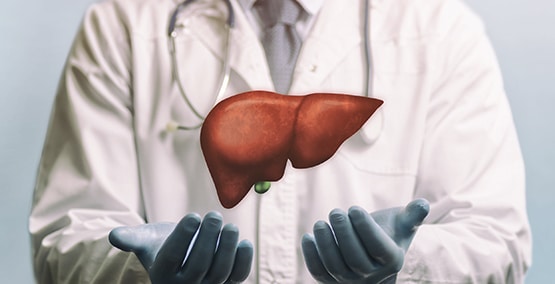
Cystic fibrosis lung transplants
Severe lung disease can occur at any age in patients with cystic fibrosis (CF). This can happen despite all the best chest therapy, medications, healthy nutrition and attention that these patients receive, especially in those who are older.
Lung transplantation has become a lifesaving procedure for these patients. Their diseased lungs are replaced with healthy lungs from a donor. They then stay on medication (immunosuppressive agents) to prevent rejection of the donor lungs. While these medications may result in increased infections, the new lungs are stronger and at less risk for infection.
Like any surgical procedure, it is important to weigh the benefits and risks of lung transplant with your healthcare providers before making the decision to undergo this procedure. Approximately 2/3 of those who get lung transplants live at least 5 more years. Most people are able to do more and have an improved quality of life. Some are still doing well 20 years after their transplant. But that does mean trying to avoid infections and recognizing that the immunosuppressive agents needed can cause kidney damage over time.

It's important to remember that a lung transplant does not cure CF. The digestive system is still affected. Patients need to continue taking their Pancreatic Enzyme Replacement Therapy (PERT) and pay special attention to their diet.




